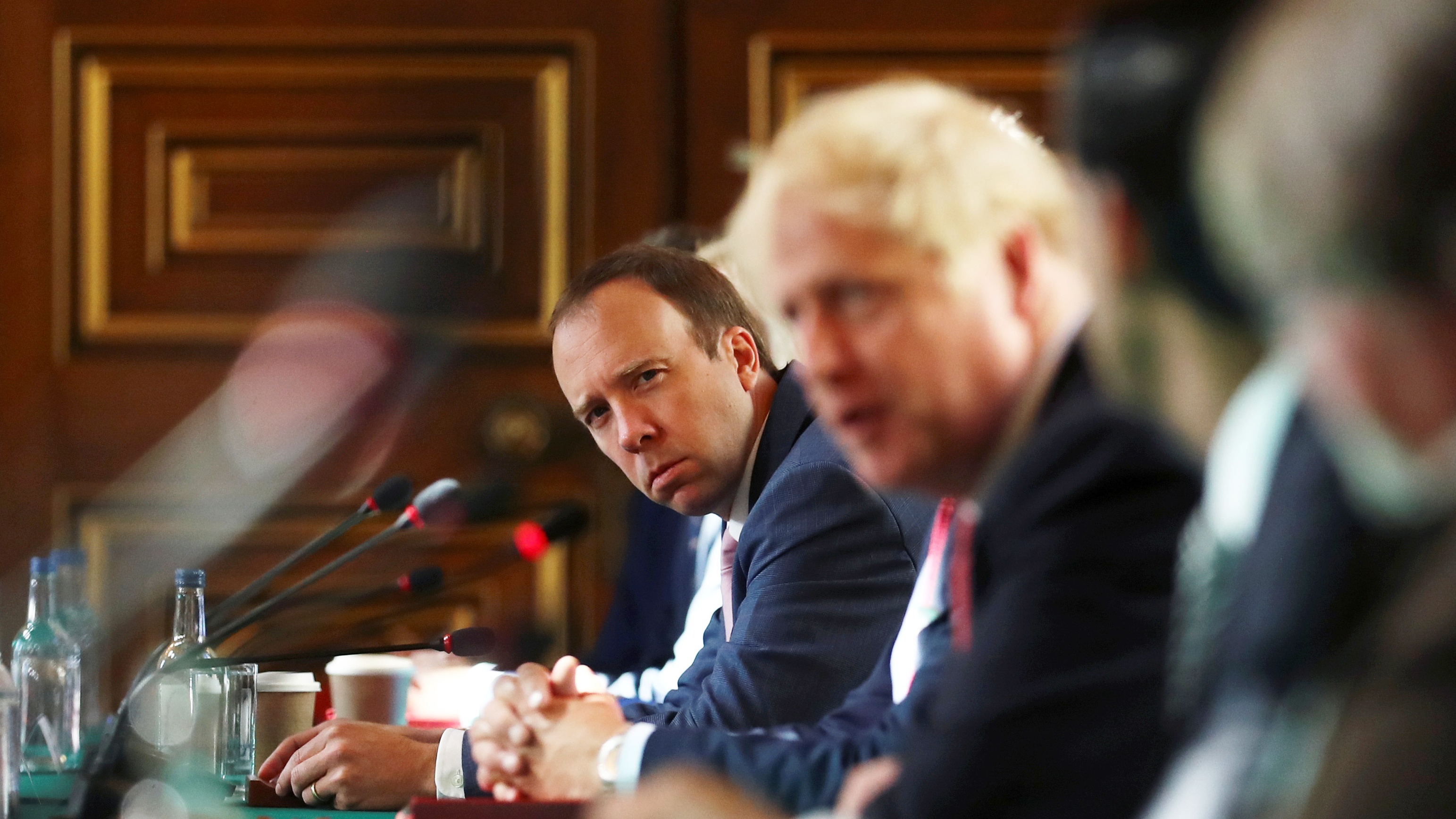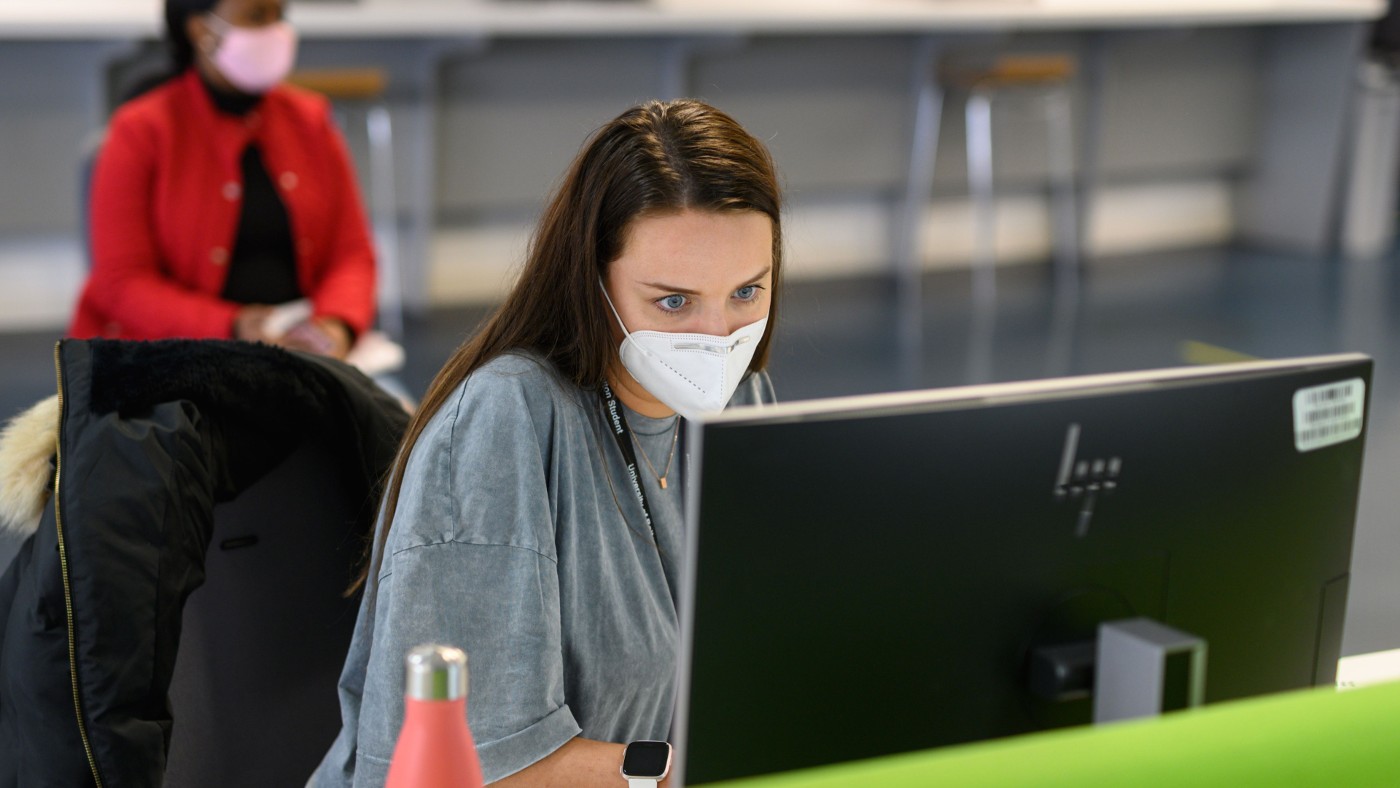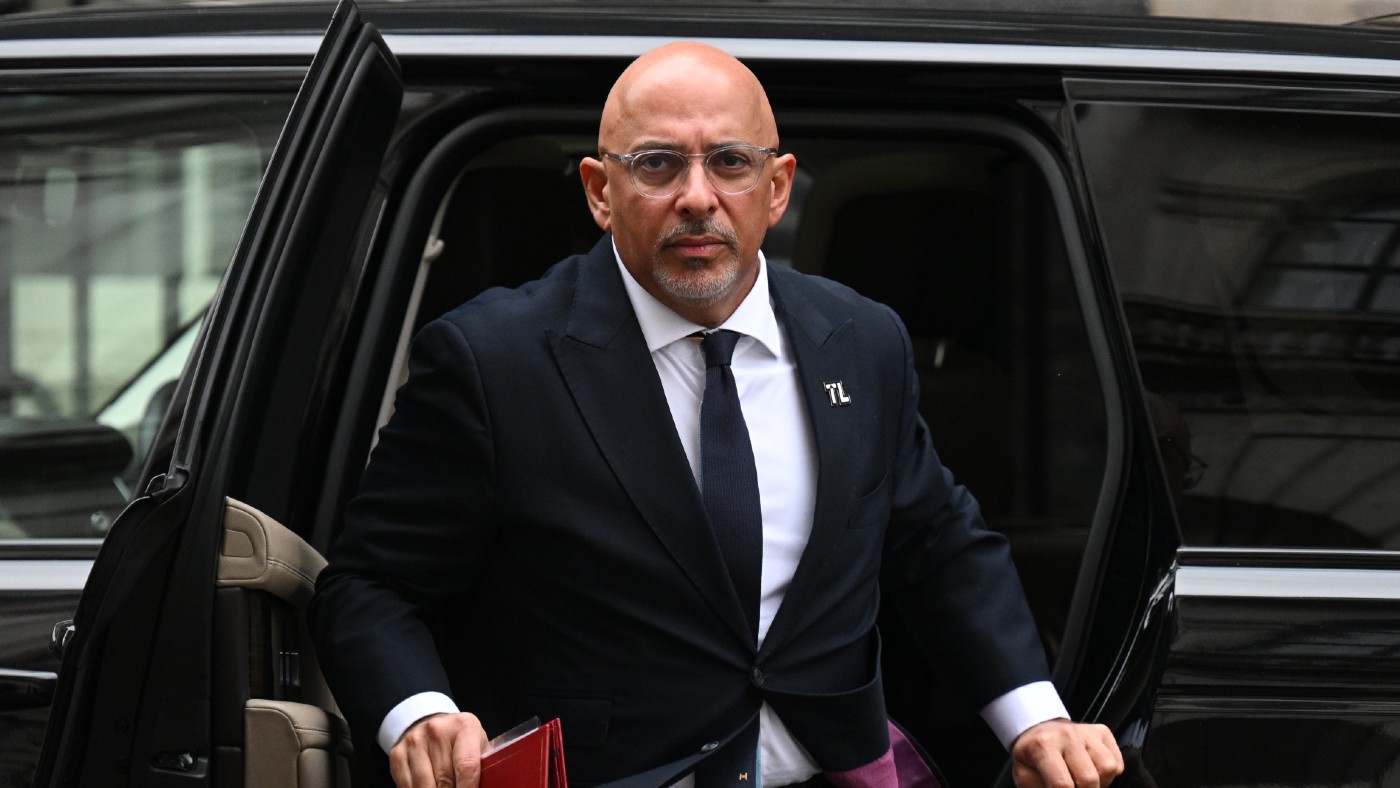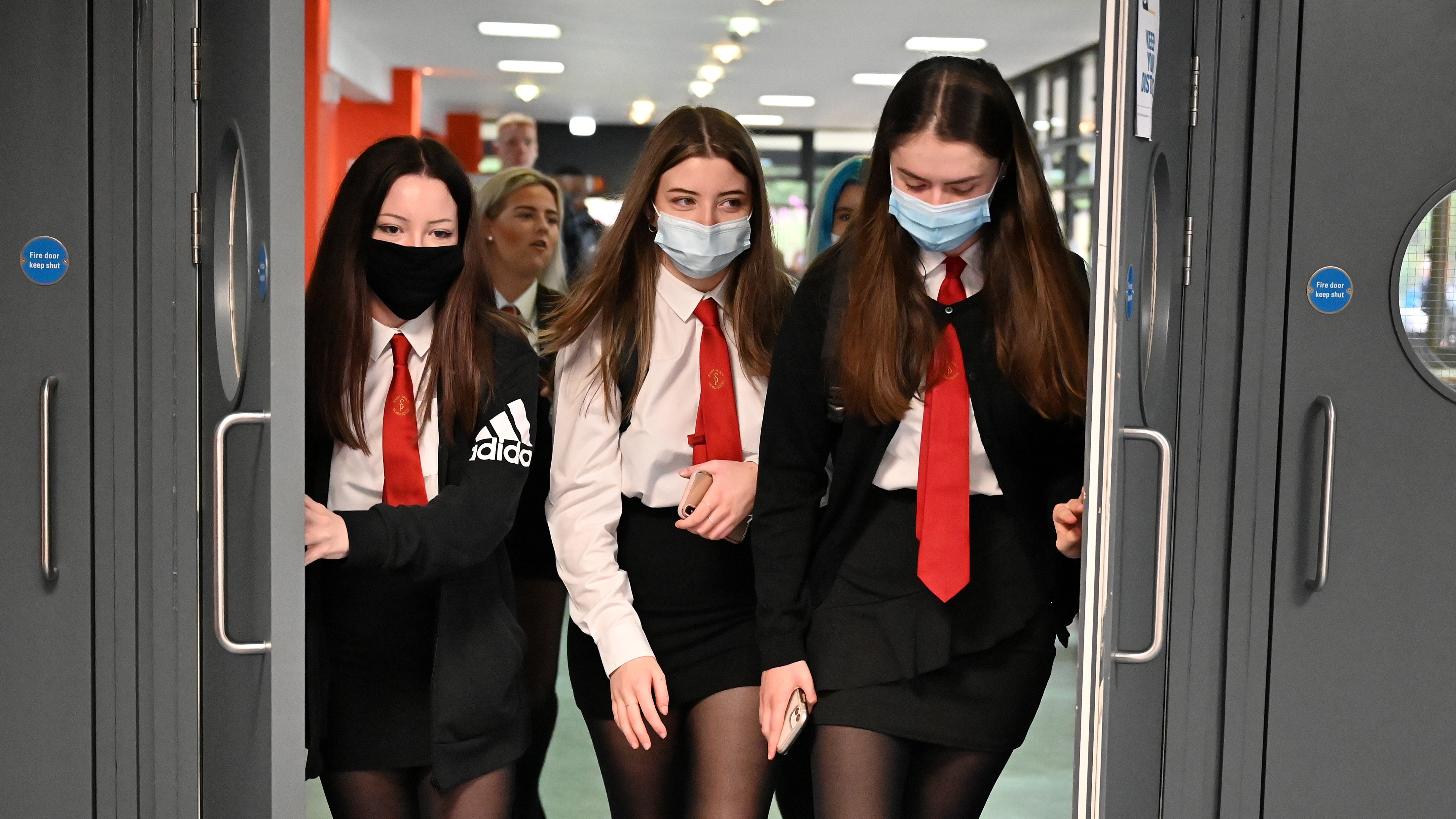Government’s reliance on ‘following the science’ in Covid response cost lives, says report
Think tank finds that ministers’ refusal to take responsibility for decisions resulted in UK going into lockdown too late

A free daily email with the biggest news stories of the day – and the best features from TheWeek.com
You are now subscribed
Your newsletter sign-up was successful
The UK government’s failure to act in the “absence of scientific certainty” during the initial coronavirus outbreak cost a “significant” number of lives, a new report claims.
Researchers from the Institute for Government (IfG) who analysed the UK’s early response to the pandemic found that ministers “lacked a wider sense of strategy” and failed to take responsibility for the national response.
As the Daily Mail reports, “ministers repeatedly claimed they were being ‘led by the science’ after making tough and controversial decisions from closing schools to advising against face masks”.
The Week
Escape your echo chamber. Get the facts behind the news, plus analysis from multiple perspectives.

Sign up for The Week's Free Newsletters
From our morning news briefing to a weekly Good News Newsletter, get the best of The Week delivered directly to your inbox.
From our morning news briefing to a weekly Good News Newsletter, get the best of The Week delivered directly to your inbox.
Another such decision was not to test 25,000 hospital patients who were discharged into care homes. Downing Street “said it did not test them because the ‘scientific advice’ was that asymptomatic transmission was uncommon”, but “critics accused the government of trying to shift blame and abdicate their political duty”, the newspaper adds.
Those claims appear to be backed up by the IfG report, which also criticises the government’s “heavy reliance” on the Scientific Advisory Group for Emergencies (Sage) and notes that the group “frequently pointed out the limits of their knowledge”.
“Gaps in the evidence base, some of Sage’s operating methods and the impact of politics on Sage’s work all inhibited earlier school closures and lockdown,” the report says.
The think tank “also claimed the government’s response to the pandemic had a lack of foresight”, says The Telegraph.
A free daily email with the biggest news stories of the day – and the best features from TheWeek.com
Although plans for schools closures and social distancing were discussed in February, the government did not work out “key aspects of making them work” such as remote-learning for schoolchildren, the IfG found.
The newly published report is equally damning about Health Secretary Matt Hancock’s ambition of reaching 100,000 tests per day by the end of April.
According to the London Evening Standard, the think tank concluded that the plan “had not been well thought through as the diagnostics industry and the NHS were not consulted before the decision was made”.
Joe Evans is the world news editor at TheWeek.co.uk. He joined the team in 2019 and held roles including deputy news editor and acting news editor before moving into his current position in early 2021. He is a regular panellist on The Week Unwrapped podcast, discussing politics and foreign affairs.
Before joining The Week, he worked as a freelance journalist covering the UK and Ireland for German newspapers and magazines. A series of features on Brexit and the Irish border got him nominated for the Hostwriter Prize in 2019. Prior to settling down in London, he lived and worked in Cambodia, where he ran communications for a non-governmental organisation and worked as a journalist covering Southeast Asia. He has a master’s degree in journalism from City, University of London, and before that studied English Literature at the University of Manchester.
-
 What to know before filing your own taxes for the first time
What to know before filing your own taxes for the first timethe explainer Tackle this financial milestone with confidence
-
 The biggest box office flops of the 21st century
The biggest box office flops of the 21st centuryin depth Unnecessary remakes and turgid, expensive CGI-fests highlight this list of these most notorious box-office losers
-
 The 10 most infamous abductions in modern history
The 10 most infamous abductions in modern historyin depth The taking of Savannah Guthrie’s mother, Nancy, is the latest in a long string of high-profile kidnappings
-
 Schools are suffering from low attendance
Schools are suffering from low attendanceUnder the radar But students are suffering even more
-
 The British public services that are actually working well
The British public services that are actually working wellfeature UK public services have slipped in some global performance tables, but Britain still performs strongly in others
-
 The UK students taking on universities over Covid disruption
The UK students taking on universities over Covid disruptionfeature Claimants say they received poor service and felt like ‘lowest form of life in food chain’
-
 How can US students recover from pandemic learning loss?
How can US students recover from pandemic learning loss?Today's Big Question Test scores in math and reading are still dropping
-
 English literature: is it doomed?
English literature: is it doomed?Speed Read Arts and humanities courses are under attack thanks to a shift to ‘skills-led’ learning
-
 Are UK classrooms a new political battleground?
Are UK classrooms a new political battleground?Speed Read Government has issued new guidance on political neutrality in schools
-
 Are Covid infections in schools holding back the national recovery?
Are Covid infections in schools holding back the national recovery?Today's Big Question Rising case numbers in children and people aged 65 and over could lead to more hospitalisations
-
 ‘Omicron tidal wave’: will schools be forced to close again?
‘Omicron tidal wave’: will schools be forced to close again?Under the Radar Staff and pupil absences already causing ‘chaos’, headteachers and unions warn